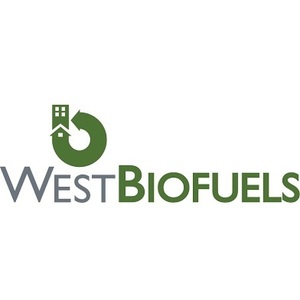
West Biofuels gets funding up to $30 million U.S. to turn forest biomass into renewable energy in rural California
March 1, 2024
By
Todd Humber

West Biofuels is receiving up to $30 million ($40.1 million Cdn) to convert biomass into renewable energy in rural parts of California.
The company said the U.S. Department of Energy (DOE) Office of Clean Energy Demonstrations is providing the funding to provide “low-carbon, stable energy for the rural communities in Burney, Mariposa, and Mammoth Lakes, California.”
How the money will be used
The funds will help each rural community convert forest biomass into renewable energy to:
- Provide low-carbon, reliable energy for three remote communities that also face the risk of wildfires
- Reduce carbon emissions using produced biochar that can also be sold in regional agricultural markets
- Provide an end-use and local market for biomass from forest thinning campaigns that are key to help prevent forest fires in the region.
“We thank the Office of Clean Energy Demonstrations for their support and investment,” said Kristen Decker, Chief Financial Officer of West Biofuels. “Our project addresses multiple commercialized end uses by deploying three community-scale bioenergy systems, converting biomass into 100% renewable electricity and biochar soil amendments.”
Small, remote communities
Burney, Mariposa, and Mammoth Lakes are small, remote, and mountainous communities often threatened by wildfires and faced with frequent power outages due to extreme weather, according to West Biofuels.
Each facility is targeted to generate three megawatts of reliable, clean electricity production by utilizing 28,000-35,000 dry tons per year of forest residuals.
Each project will offset up to 53,000 metric tons of carbon dioxide equivalent annually from fossil energy displacement, fire mitigation, and biochar sequestration. Each site plans to create 15 permanent and good-paying jobs to support the local community.
“This project represents a win-win for the community with both good jobs and providing sustainable renewable energy,” said Decker. “I want to thank our partners, including Fall River Resource District, Mariposa Biomass Project, Mariposa County Resource Conservation District, Whitebark Institute, and Momentum, as well as U.S. Forest Service, California Energy Commission, and California Department of Forestry and Fire Protection as they’ve helped our projects align local interests and standards for their respective communities.”
Print this page